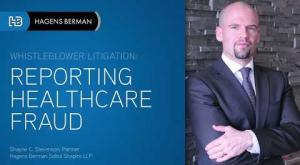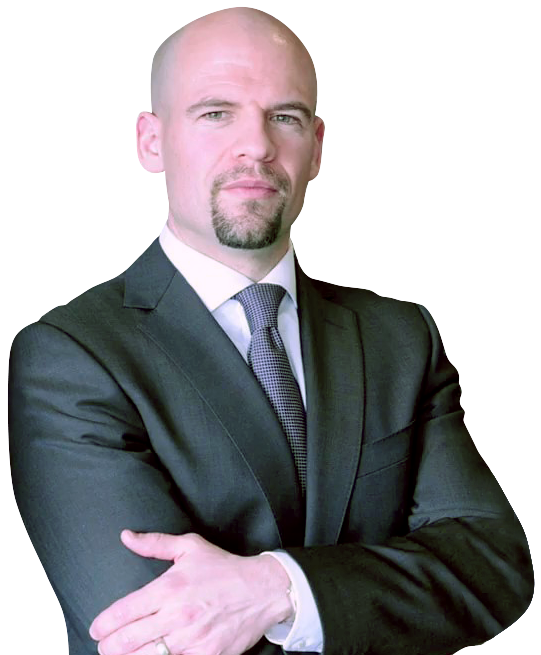Over $70 billion has been recovered by the government – mostly because of whistleblowers – from leading pharmaceutical companies, device manufacturers and medical providers for ever-inventive schemes of health care fraud and abuse.
False Claims Act whistleblowers have brought hundreds of successful lawsuits challenging several types of improper health care fraud schemes and disclosing fraudulent practices, including:
Kickbacks. With regard to government health care patients, pharmaceutical companies and device makers are prohibited from providing payments to medical providers in exchange for the use of their products. Many False Claims Act cases have demonstrated the prevalence of improper kickbacks as a means of driving sales.
Off-Label Promotion. Pharmaceutical companies are prohibited from marketing a drug for uses that have not been approved by the Food and Drug Administration.
Phantom Billing. When patients are billed for services that were never performed, it is called phantom billing.
Self Referrals. The federal Stark Law prohibits the referral of Medicare or Medicaid patients for health services to an entity with which a referring physician has a financial relationship. This law is designed to ensure that medical decisions are not influenced by the financial interests of a medical provider.
Upcoding. Upcoding schemes can happen when providers submit claims for services that aren't justified.
Unbundling. Medicare and Medicaid require a fixed sum be paid for certain bundled services. The rate of reimbursement to medical providers for bundled services is generally less than if each part of the treatment were billed separately. Providers have an economic incentive to “unbundle” services..
$70 billion has been recovered under the False Claims Act, 70% of which relates to health care fraud.
- MORE ABOUT THE FALSE CLAIMS ACT
-
ABOUT THE FALSE CLAIMS ACT
- False Claims Act Explained
- Types of False Claims Act Fraud
- Rewards for False Claims Act Whistleblowers
- Protection for False Claims Act Whistleblowers
FREQUENTLY ASKED QUESTIONS
- Frequently Asked Questions
- What is Qui Tam?
- What is a False Claims Act Whistleblower?
- Who Can File a False Claims Act Whistleblower Case?
- Do I Need a Lawyer To Become a Whistleblower?
- Can a Whistleblower be Sued for Filing a False Claims Act Claim?
- What if the Government Refuses to Pursue a Whistleblower Lawsuit?
- What is the Statute of Limitations for Whistleblowers’ False Claims Act Claims?
- What State and Local False Claims Act Laws Exist for Whistleblowers?
LAWS AND STATUTES







